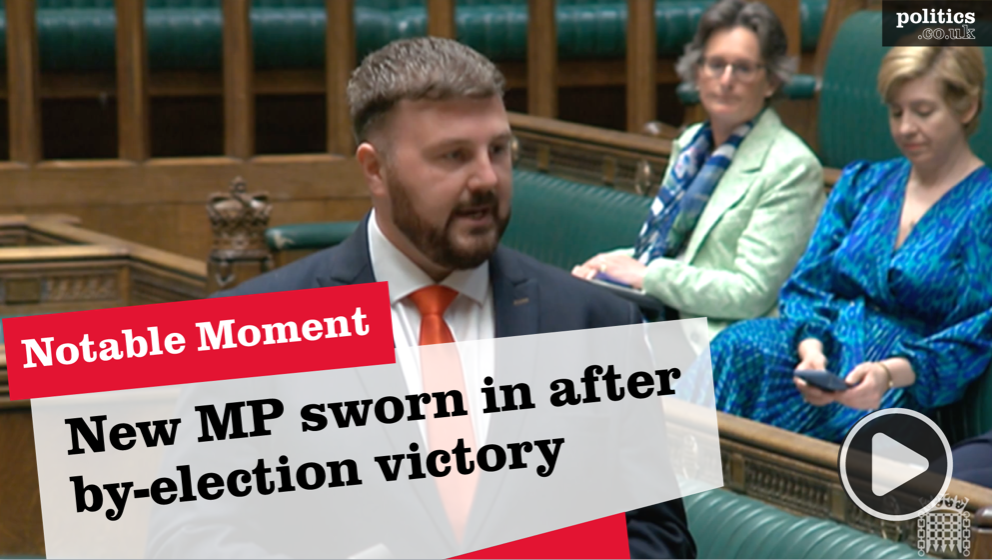Children’s Commissioner for England, Dame Rachel de Souza, revealed something highly significant in an interview with The Times this week. In a meeting with representatives of porn sites, she was informed that sites would support rules requiring them to block access by children. Dame Rachel said: “I’ve brought in the major adult companies about keeping children off their sites”. “If the government imposed mandatory age verification on them, they would support that.”
That Dame Rachel’s comments have only been published by one media outlet so far is astonishing. The fact porn sites are willing to submit to this form of regulation is a big deal. Age checks could significantly reduce visits to porn sites and involve sanctions impacting companies revenues. Porn providers must know this, making their pledge even more surprising. Whatever their motives, the news will be welcomed by those concerned about porn’s impact on children, and others in society.
Research published by the UK Government last year found that professionals helping victims of sexual crime – including children and young people – “spontaneously mentioned pornography as an influential factor for harmful sexual behaviours towards women and girls”. Parliament’s Women and Equalities Committee has also recognised that increasing access to porn “can facilitate harassment and violence”.
There is also evidence that pornography poisons relationships, harms self-esteem, and perpetuates negative stereotypes, as US Organisation Fight the New Drug notes. Prohibiting young, impressionable people from accessing sites is surely a good thing. This is presumably why the Children’s Commissioner put the question to site representatives. The onus is now on the UK Government to respond. Will Ministers take porn providers up on their offer and introduce age checks?


They would be supported in doing so. The UK public backs age checks prohibiting children from accessing online porn. Savanta polling published earlier this year found 8 in 10 UK adults agree the government should “implement age verification to protect children from all online pornography”. The same proportion of Brits said, “there should be an age limit of 18 years”. In these polarised times, that’s a clear and significant mandate for action.
Ministers would also be following in the footsteps of other jurisdictions. In July, it was announced that German legislators are working on measures to prohibit under-18s from accessing porn sites. The plans would require all internet-capable devices sold in Germany to block sites that do not insist on age verification. In France, the country’s media regulator, the Conseil Supérieur de l’Audiovisuel, has also instructed adult sites to activate age-verification or face legal sanctions.
Much of the work on age verification has already been done in the UK, as the charity CARE noted in a letter to The Times this week. MPs and Peers passed the Digital Economy Act in 2017, Part 3 of which includes provisions on age checks, as well as measures to punish sites that host ‘extreme’ content. These measures, and the technology necessary to facilitate them, are ready to go. They have just never been enforced.
The Government has now brought forward its draft Online Safety Bill. Some suggest that these new, more comprehensive proposals, negate the need for Part 3. However, many parliamentarians disagree including former children’s television presenter Baroness Floella Benjamin, who wrote to the Prime Minister earlier this year urging him to enforce Part 3 as an interim measure.
Lady Benjamin and others note that the online safety proposals are nowhere near as robust as the previous measures when it comes to porn sites. It is not clear which websites would be covered by the plans. There is no requirement to block sites that host extreme pornographic content. And it is not clear if porn sites will be subject to age verification. Then there’s the fact that it will take years before the new Bill is passed, meaning women and children will continue to miss out on protections for some time.
It seems obvious that Minsters should dust off Part 3 of the Digital Economy Act and enforce it as soon as possible. Children will thereby be prevented from accessing porn sites whilst a parliamentary debate on the Online Safety Bill progresses. If the government does not do this, it will be in the unenviable position of blocking porn-safety measures supported by campaigners, the UK public, and even porn providers themselves.
Jamie Gillies is a campaigner and political commentator. He Tweets at @jmgillies











